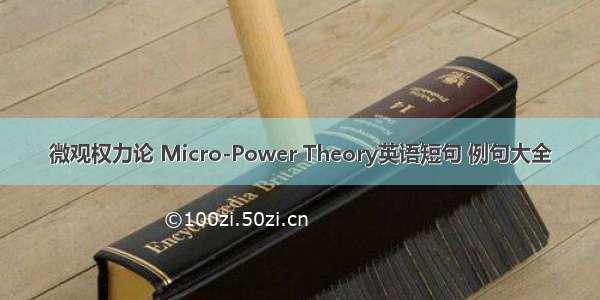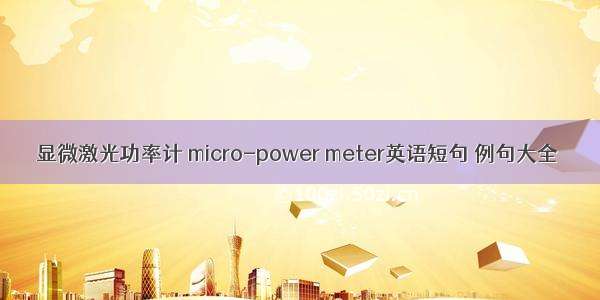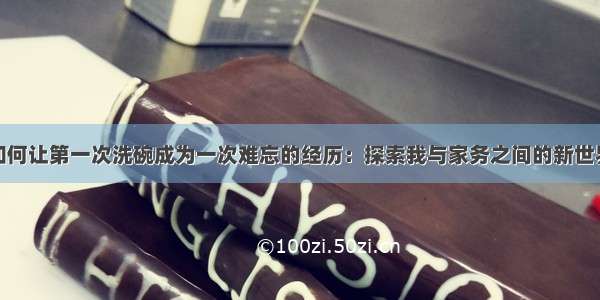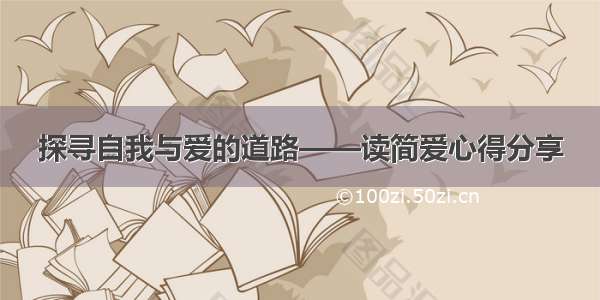
微观权力论,Micro-Power Theory
1)Micro-Power Theory微观权力论
英文短句/例句
parison between Gramsci"s "Cultural Leadership" and Foucault"s Micro-power Theory葛兰西的“文化领导权”和福柯的微观权力论之比较
2.A study on the methodology differencess between foucauly′ smicro-power theory and the materialist conception of history;福柯的“微观权力论”与唯物史观方法论上的差异性比较——兼与薛伟江先生商榷
3.Sharing of Power Resources and Consulting of Power Conflict in the Course of Marriage──An Observation from the Perspective of Microcosmic Level of Social Operation;论婚姻过程中的权力资源分配和权力冲突协商──一项微观社会运行层次的考察
4.Study on Body Discipline in the School Field from the Perspective of "Micro-power"“微观权力”视角下的学校身体规训
5.Research of Micro-economic Mechanism for Alienation of Public Power政府公权力异化的微观经济机理研究
6.Foucault s Idea of Micro-Power--an analysis of a scientific knowledge by politics principles;福柯的微观权力观——一种科学知识的政治学分析
7.On the Transformation of Macro-Control Power into Right--unscrambling the jurisprudence of Macro-Control Power;论宏观调控权力权利化——宏观调控权之法理学解读
8.The Teacher-Student Conflict: Analysis of Foucault s Micro-power Angle;师生冲突:基于福柯的微观权力视角的分析
9.Analyzing the Bio-power Theory--Reading Foucault s Punishment and Discipline;微观权力分析——读米歇尔·福柯的《规训与惩罚》
10.Study on Foucault s Micro-Power Theory Under View of the Post-Modernism;福柯后现代主义视野下的微观权力哲学解读
11.Analysis of some typical views of right--Discussion on the right view of Marxism;对几种典型权力观的评析——兼论马克思主义的权力观
12.AThe Embodiment of the Theory of Power and Discourse in Literary Translation Activity;权力话语理论观照下的文学翻译活动
13.On the Society Historic Conditions of Jiang Zenming s Pepectives Power;论江泽民权力观形成的社会历史条件
14.The Mantra of Power权力的符咒——“中”、“道”观念的政治功能简论
15.The Conformation of Private Rights and Its Application in IPR Law;论私权的微观构造模式及其在知识产权法中的适用
16.The Transformation of SOE and Gradual Revolution in Marco and Micro Power Relationship;国有企业转型过程中宏观与微观权力关系的渐进式变革
17.From Feudal Kingship to National Sovereignty--Tracing the Idea of Modern Western State Power;从封建王权思想到国家主权理论——近代西方国家权力观念溯源
18.Research of Marxism Public Power Theory and Party Member Cadres Education of Power Concept;马克思主义公共权力理论与党员干部的权力观教育研究
相关短句/例句
micropower微观权力
1.Foucault holds the opinion that themicropower is a latent network that creates and controls consciousness.福柯认为,微观权力是一个潜在的意识形态控制网络。
2.The essay focuses mainly on the power mechanism in cyberculture based on Michel Foucault’smicropower theory, and further discusses how cyberculture and mainstream culture interacts in the present cultural discourse.本篇论文主要采用福柯的微观权力理论,着眼于研究网络文化中的权力机制,并进一步讨论当前文化话语中,网络文化与主流文化的相互作用。
3.Based on the power analysis of these factors and strategies at the macro and the micro level, especially by Foucault’s genealogical method, it has been certified that, when the opponents are in a relatively disadvantageous position, they have focused much more onmicropower relations, initiated a lot of individual and small conflicts, and then possibly compete with the promoters.在重点运用福柯的谱系学方法对微观权力关系进行分析后,本文证明,尽管双方力量悬殊,但弱方(反对方)能够避重就轻,利用好社会每一个单元的权力,进行大量微观或局部的斗争,就有可能与占尽优势的推动方相抗衡。
3)Microcosmic Power微观权力
1.However,in contemporary society,curriculum puts surveillance on body in a more hidden way so that microcosmic power is not easily realized.微观权力观具有普遍性、匿名性、生产性等特征。
2.The microcosmic power theory of Foucault holds that power is microcosmic, specific, ubiquitous and productive.福柯的微观权力理论认为,权力是微观、具体且无处不在的,具有生产性。
4)micro-power微观权力
1.Michel Foufault(a philosopher and socialist in France) argued that is power repressive? He pointed out that a new form of power which calledmicro-power was developed.法国哲学家、社会学家福柯认为,从17世纪开始,在现代社会中发展出一种新的权力形式,这种权力是传统权力的下位权力形式,它对个体和人口进行着一种隐匿的权力的控制,福柯称它为微观权力。
5)Micro Economic Power微观经济权力
6)micro-power analysis微观权力分析
延伸阅读
权力政治论从权力角度研究国家间政治现象的西方政治学理论。权力政治论是随着现代国际关系的日趋复杂而发展起来的。英国学者E.H.卡尔是现代权力政治论的创始人。第二次世界大战后,美国国际地位迅速提高,以H.J.摩根索为代表的一批美国政治学者开始重视国际政治的研究。摩根索的《国家间的政治》被公认为是权力政治论的代表著作。同时,权力政治论是在与政治理想主义的争论中发展起来的。同政治理想主义相反,权力政治论认为,研究国际政治应当避免理想主义、感情用事和完美世界的乌托邦梦想;应当把道德问题留给神学家和哲学家去研究,而把注意力集中在为生存、权力和扩张而斗争的严酷现实上。由于权力政治论重视研究现存世界,在本质上是现实主义的。因此,权力政治论者也被称为现实主义者。权力政治论是以强调国家权力为基础的,认为权力是一国在国际舞台上追逐自身利益和实现行动自由的最重要的、甚至唯一的决定因素,国家间的关系实质上是一种"权力关系"。一个民族国家在国际社会中的权力越大,获得的利益也就越大,反之亦然。国家权力是由多种要素构成的,其中既有可见的物质的要素,又有不可见的精神要素。概括来讲,国家权力主要包括:地理条件、自然资源、工业能力、军备状况、人口状况、民族特征、国民士气、外交能力以及政府要素。国际斗争集中表现在为权力而进行的斗争。而权力斗争,无论在国内还是在国际,都表现为三种基本形式:维持权力、增加权力以及显示权力。权力政治论认为各国都大于共同利益的利益。共同利益依赖于各国利益,在紧要关头,共同利益必然被牺牲。战争是集团间的利益冲突造成的。利益冲突存在,世界和平就不可能,"全面的彻底的裁军"也不能根本地解决问题。因为人们只要愿意,用棍棒、石头或赤手空拳也能战斗。只有力量均等的敌对双方才不愿意进行战争。因此,力量均等是权力分布的理想形式。权力政治论在此基础上提出了适应核时代的"核威慑理论"。由于权力政治论主要是对国际体系现状的解释和辩护,因此,它的主要精神具有保守性。50、60年代以后,随着第三世界民族国家的纷纷独立,国际政治格局的变化以及行为主义政治学和后行为主义政治学对国际政治理论的影响,权力政治论受到了挑战。一些后起的权力政治论者试图用新的理论和概念来修改权力政治论,以便使之适应现实国际政治的需要。















